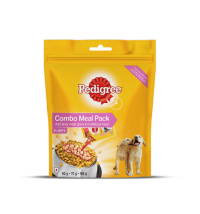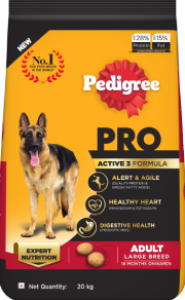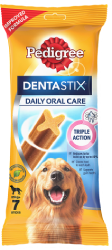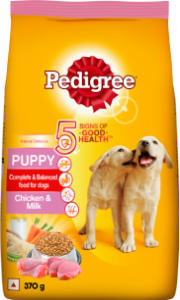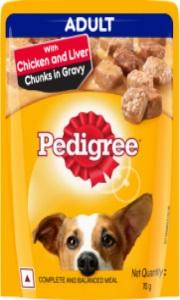
In this section
Can Excessive Protein Intake Cause Agression and Kidney Failure in Dogs?
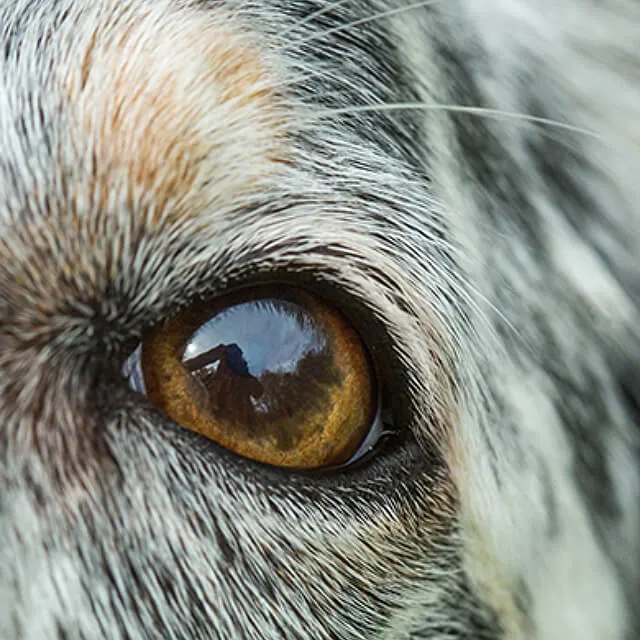
share:
Protein is one of the major component of the diet & supports your pet’s growth & development.
Protein Requirement as per your pet's lifestage (As per the *NRC guidelines)
• 25g of protein per 1000 kcal is the recommended protein intake for an adult dog, according to the National Research Council.
• This requirement increases to 50 g/1000 kcal for pregnant female dogs.
• In case of puppies, it is 56g/1000 kcal.
• Protein requirements is higher for working & racing dogs
*National Research Council
Why protein is needed?
• Protein facilitates many processes that go on within our body such as digestion, metabolic reaction, etc.
• Protein is the building block that supports all the body tissues.
• It is also responsible for keeping our immune system in check.
• Skin and coat maintenance can use up to 30-35% of dietary protein.
Amino Acids- Protein is made of Amino Acids.
• Dogs can synthesize 12 of the 22 different amino acids in their body. These are non-essential amino acids.
• The remaining 10 amino acids – the essential, must be obtained through the diet. Hence, it is important that your pet’s diet contains all these 10 amino acids- arginine, histidine, isoleucine, leucine, lysine, methionine, phenylalanine, threonine, tryptophan and valine as per your pet’s requirement.
How much protein is too much?
• Dietary protein and amino acid requirements depend on the dog’s life stage, lifestyle, pre-existing medical conditions, environmental temperature and stress levels.
• The nutritional value of the diet depends on how digestible the protein is and how well its amino acid profile meets the amino acid needs of body.
• There is no recommended maximum protein intake prescribed for dogs.
Now, let’s come to discussing if excess protein is equal to aggressive behavior/ kidney failure
There are claims that raw meat (high protein) diets are linked with aggression in dogs. This has led to speculation that a high protein level in dog-foods causes aggression. Brain biochemistry indicates that certain amino acids are linked with production of ‘calming’ hormones, hence there is a leap of faith suggesting that certain diets are calming, and others have the opposite effect.
Scientific studies have shown that there is no link between high protein diets and aggression in dogs. Our resident dogs at our Pet Centres in Waltham and Verden, Germany are continuously looked after and monitored with respect to their health, happiness and behaviour. Over many years of feeding foods containing a range of protein levels we have never experienced any indication of a relationship between dietary protein and aggression.
Likewise, it is also speculated that high protein diets cause kidney disease, especially in cats. This has partly come because low protein diets are used to treat the symptoms of kidney disease. Similarly, Several scientific studies have shown that there is no link between high protein diets and risk of kidney disease in healthy cats and dogs.
Protein Content in the Pet Food
• It is vital to remember that the quality of protein in the diet is just as important as the quantity.
• Protein quality is governed by two factors - the types of amino acids in the protein and its digestibility.
• So when you are comparing different pet foods, you need to look beyond the overall protein level given on the label.
• A food with a very high protein content is not necessarily better for your pet.
• Look at the source of the protein and how this affects its amino acid composition and digestibility. Together these factors determine how much useful protein your pet will get from the food.
• Protein supplied in excess of requirements is simply converted to energy and stored in the body as fat.
Review this article:




